Bangladesh is grappling with severe power shortages amid a blistering summer heatwave, with the first working day of the week starting off with 966 MW of load shedding. The scorching temperatures, exceeding 40 degrees Celsius in some areas, have heightened electricity demand across the nation.
As a punishing heatwave sweeps through Bangladesh, parts of the country are contending with significant power shortages. On the week's inaugural working day, load shedding hit a peak of 966 MW at 1 am, according to data from the National Load Dispatch Centre (NLDC) at the Power Grid Company of Bangladesh (PGCB). The surge in load shedding has predominantly affected rural areas, aligning with government efforts to limit power cuts in urban centers like Dhaka and major cities.
Forecasts by both the Bangladesh Power Development Board (BPDB) and PGCB predict soaring electricity demands, with peak requirements expected to reach 15,000 MW during daylight hours and surge to 16,200 MW in the evenings. State Minister for Power, Energy, and Mineral Resources Nasrul Hamid anticipates demand could surpass 17,000 MW this summer, underscoring the strain on the national power grid.
NLDC data reveals a fluctuating pattern of load shedding, declining to 387 MW by noon before rising once more. By the time of this report, load shedding had risen to 418 MW. Intriguingly, discrepancies in official load shedding data between BPDB and PGCB have emerged, with BPDB reporting lower figures compared to PGCB's records.
Amidst the energy crisis, there is a silver lining in gas supply improvements. Petrobangla reports a notable increase in gas production to 3006.7 million cubic feet per day (MMCFD), a significant rise from recent lows of 2300 MMCFD. This boost is attributed to full-scale operations at LNG terminals and the revival of Chevron-operated Bibiyana gas field, augmenting national gas supply across regions.
With temperatures soaring and electricity demand escalating, the power sector faces mounting challenges. Government authorities are yet to comment on the discrepancies in load shedding data. However, improved gas production offers a glimmer of hope amid the prevailing energy crisis gripping Bangladesh.



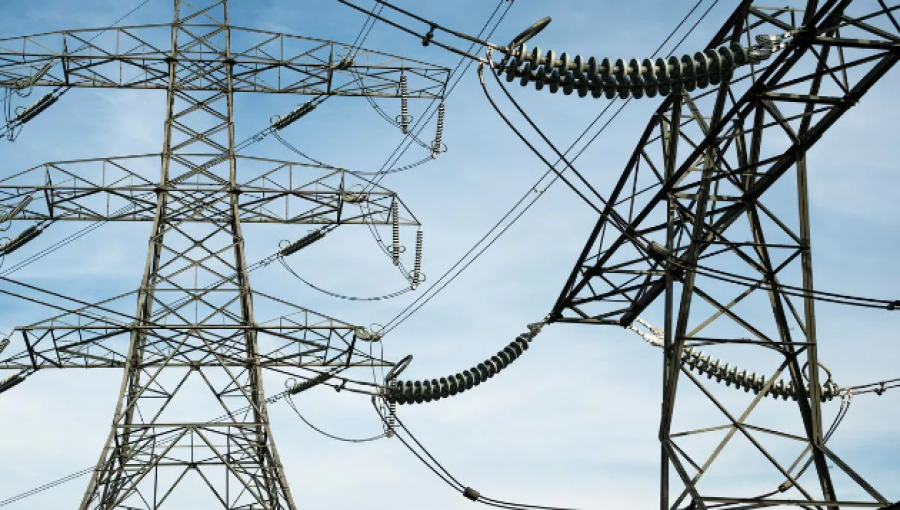

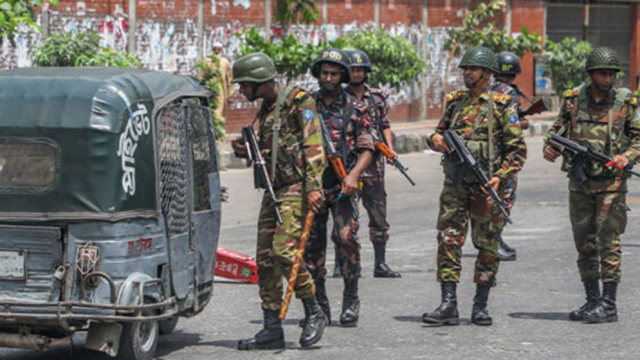


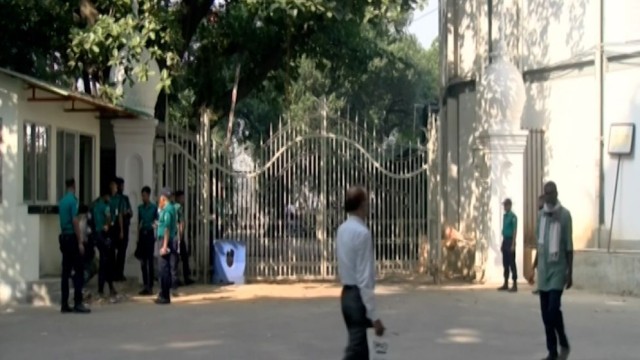
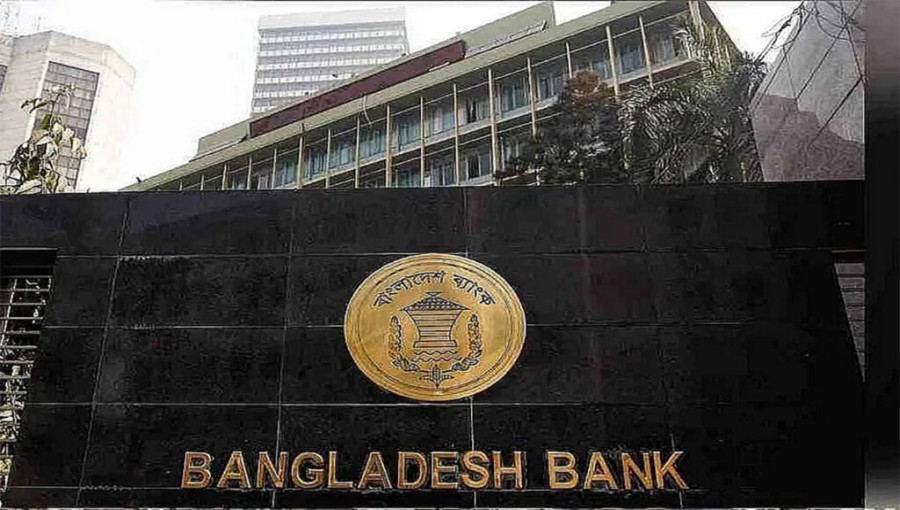
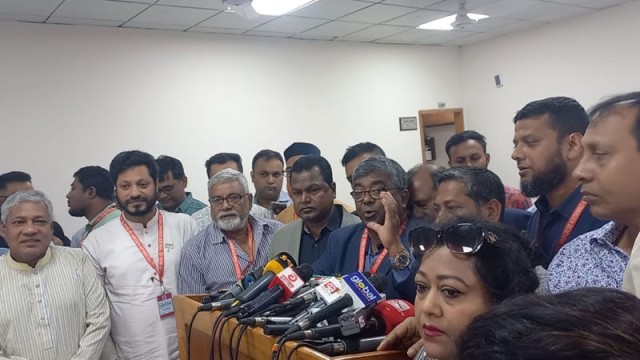
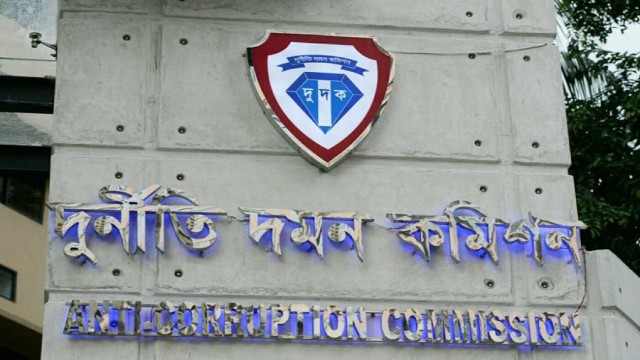






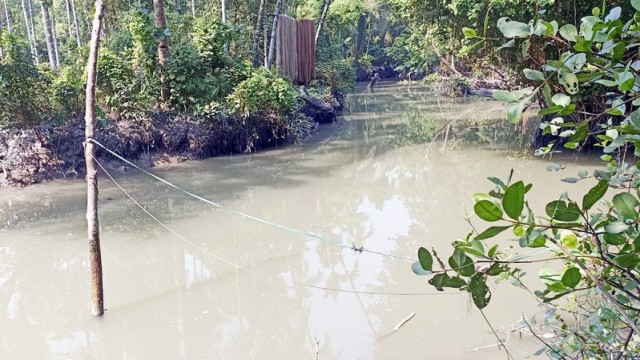
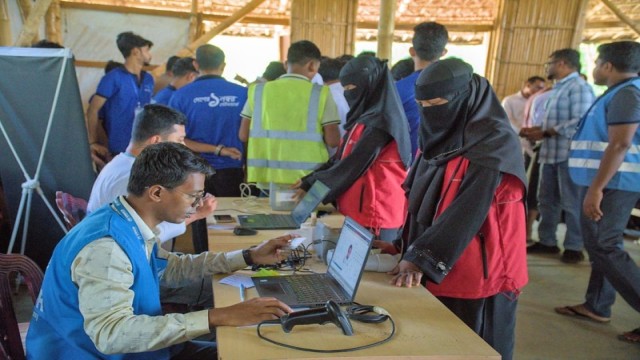











Comment: